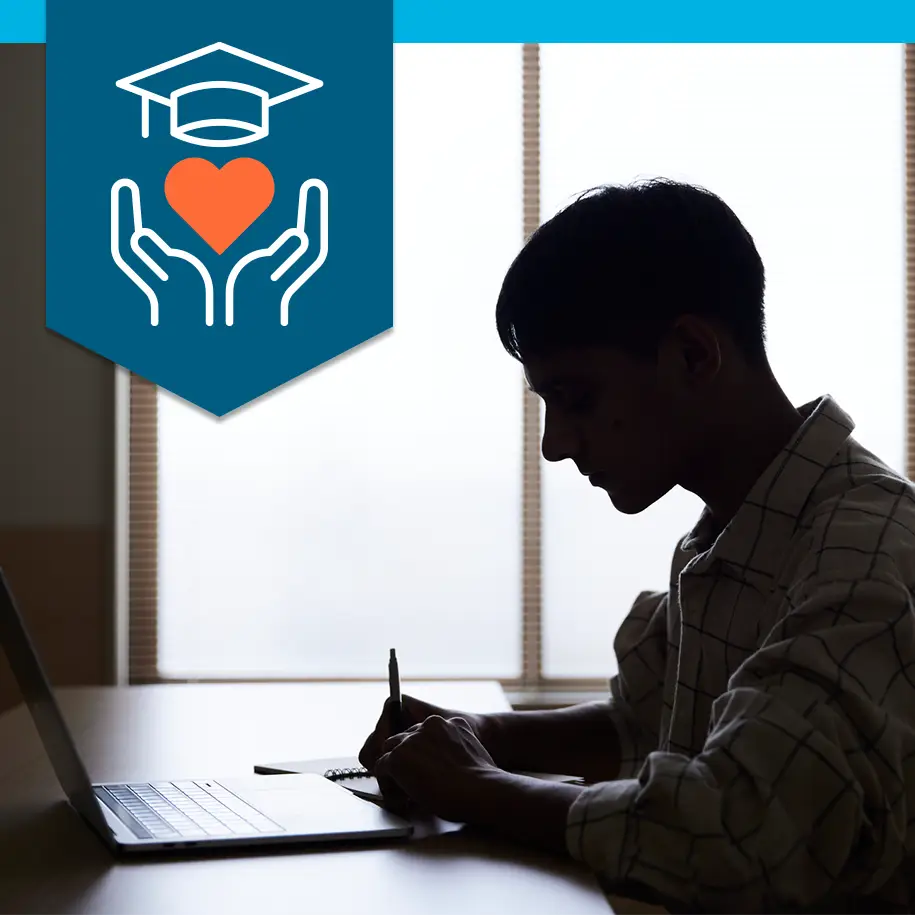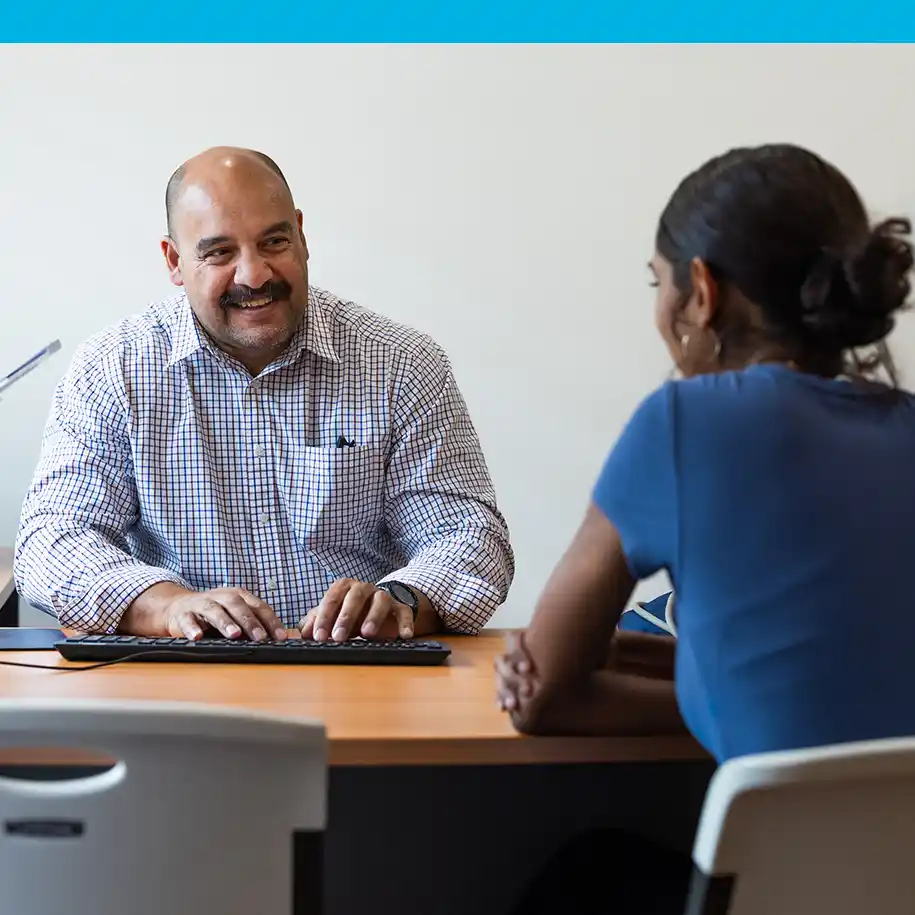
Access our on-demand webinar: Empowering Teams, Transforming Outcomes
Institutional leaders share lessons learned and insights on building holistic in-house coaching programs
Whether you’re working at a community college in Arizona or a private university in New York, many of the concerns commonly faced by higher-education professionals cross state lines and school types. Concerns like, how do you boost student retention and enrollment? How do you prevent support staff burnout? How do you increase your impact? And perhaps most to the point, as InsideTrack’s associate vice president of Learning and Development Megan Breiseth puts it, “How do you unlock all of the coaching potential that exists within all of the amazing professionals that work in higher ed?”
Answering that question was the focus of our recent webinar, Empowering Teams, Transforming Outcomes, which digs deeper into our in-depth report of the same name. In a don’t-miss discussion moderated by Breiseth, leaders from the three institutions featured in the report talk about the process of transforming their student support services. Dr. Corina Caraccioli, assistant dean of Online and City College at Loyola University New Orleans; Hilda Gartzke, M.Ed., coordinator of student affairs training at Austin Community College (ACC); and Dr. Danielle “Dani” Solano, professor in the Department of Chemistry and Biochemistry at California State University, Bakersfield (CSU Bakersfield), share how each of their institutions approached the elements necessary to build sustainable, scalable in-house coaching programs.
Transforming student success: panelists discuss how, who and why
Building in-house coaching capacity rises from the desire to increase impact and is made possible through funding and institutional support. So how do you get started? “Find your allies and use data that you have on campus,” says Dr. Caraccioli. “Show that coaching works and have your allies on campus get you to those meeting rooms where you can have those conversations. Because, of course, it requires funding.” She emphasizes that it’s important to ask for help (“it’s hard to do this in isolation”) and to get buy-in from the leadership.
"Find your allies and use data that you have on campus. Show that coaching works and have your allies on campus get you to those meeting rooms where you can have those conversations. Because, of course, it requires funding." – Dr. Corina Caraccioli, Assistant Dean of Online and City College, Loyola University New Orleans
As CSU Bakersfield embarks on launching their internal coaching program, Dr. Solano discusses how it will make a critical difference for their learner population. “We have a huge amount of first-generation and Hispanic students,” she says. “And because we have that population of students, we need to find something that's working for them, making sure they're graduating on time.” She goes on to explain that, because coaching has had such a huge effect on helping the students and boosting retention, “we want to have it last beyond the lifetime of the grant.” And that’s precisely where the capacity building comes into play.
“We have a huge amount of first-generation and Hispanic students. And because we have that population of students, we need to find something that's working for them, making sure they're graduating on time." - Dr. Danielle “Dani” Solano, Professor in the Department of Chemistry and Biochemistry at California State University, Bakersfield
Having worked with InsideTrack for years, Hilda Gartzke offers a down-the-road perspective. She explains how building an in-house coaching program at ACC has empowered staff throughout the institution, which ultimately did transform outcomes for their students, saying, “It gives them a framework. And our advisors really appreciate that, because now they don't feel like they're being pulled in all directions. They have a focus for the student,” she says. “And who's the big winner in this? Our students! Our students walk out with the information they need, with the resources they need to be successful.”
Gartzke goes on to say that the entire staff has now embedded the InsideTrack coaching methodology in the way they support students. “It’s even trickled into other non-advisor areas,” she says. “And those folks are student life staff, our faculty mentors, our faculty support staff. They really enjoy learning about the coaching methodology, not only because they see the need, but also because they see the results of what the students are walking away with.”
“It’s even trickled into other non-advisor areas. And those folks are student life staff, our faculty mentors, our faculty support staff. They really enjoy learning about the coaching methodology, not only because they see the need, but also because they see the results of what the students are walking away with.” - Hilda Gartzke, M.Ed., Coordinator of Student Affairs Training, Austin Community College
What’s involved in building your own holistic in-house coaching program? Get the full story.
Throughout this webinar, our panelists take turns sharing their lessons and outcomes at every step of the process.
Tune in to hear all about the four essential elements of building internal capacity:
- Assessing institutional needs and readiness
- Choosing an evidence-based methodology
- Nurturing internal culture to sustain impact
- Securing sustainable funding options
Plus ready-to-use tools to aid with the four essential elements, along with institutional success stories that take you through each unique transformation.
It was an info-packed hour of actionable insights, detailed stories and thought-provoking questions about evolving student support from transactional to transformational. If you missed it, don’t worry! The complete recording is now available, and you can view an on-demand version below.
Watch the full webinar to hear tips and insights from three higher ed professionals about turning coaching development and training into sustainable, long-term student success.
Coaching solutions proven to advance all learners
Whether you’re looking to help students persist through completion or to improve career outcomes for job seekers and employees, our holistic coaching solutions can help you achieve meaningful outcomes.



